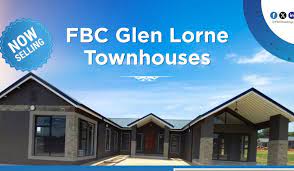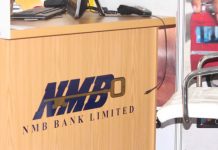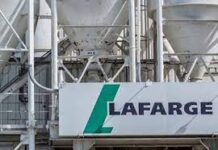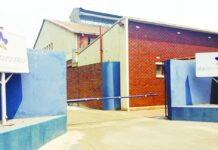Ryan Chigoche
FBC Building Society mortgage prices for its Glenlorne Townhouse Project have raised eyebrows, with many wondering if the units will have any takers as the initial figure is out of reach for the majority of Zimbabwe.
The project is part of the the 378 housing units that the financial services provider is looking to build in the capital Harare and Zvishavane as part of efforts to safeguard the balance sheet and hedge it against inflation.
According to information provided by the bank the units are going for US$375 000 with a mortgage tenure of 7 years subject to a 25% deposit (US$96 563). This means that after paying the initial deposit the takers will be obliged to pay an astronomical US$6100 monthly.
The units sits on 1/2 acre piece of land are in a gated community. Only a few years ago FBC completed the Kuwadzana Fontaine Ridge housing project property portfolio currently comprises of 267 units with the intent of offering mortgages but the society ended up leasing the properties due to a reduced appetite by the business to lend on a long-term basis owing to the obtaining inflationary environment at the time.
At the tail end of last year, more than 150 units were already leased out, as the firm could not foresee any takers of the mortgages.
Compared to similar properties in neighboring countries like Zambia or South Africa, property prices in the country have been seen to be significantly higher. For the same amount of money, one could potentially get a much better property elsewhere a development which is ongoing.
High construction costs and lack of functional mortgage financing are among the drivers of the cost of new construction, which in turn affects all property prices.
Mortgage funding in Zimbabwe is indeed facing a crisis. This has severe consequences for the country’s housing market and the ability of its citizens to own homes.
Unlike many other countries where mortgage rates hover around the single digits, local rates can easily surpass 100%, and even reach 200% in some cases making the monthly repayments unaffordable for the average Zimbabwean household like in the case of these new FBC units.
The situation can be pinned on the lack of competition in the local banking sector. In comparison with other regional counterparts, the sector is relatively small, with few players offering mortgage products. This creates a situation where lenders have little incentive to offer lower interest rates or more favorable terms.
These factors combined paint a bleak picture for Zimbabweans hoping to get on the property ladder. The high cost of mortgage funding effectively excludes a large portion of the population from the formal housing market, pushing them towards informal settlements or overcrowded living conditions.
Meanwhile, Zimbabwe has a huge housing backlog, which is a critical issue affecting millions of people. Estimates suggest the backlog stands at a staggering 2 million units, primarily concentrated in urban areas.

















